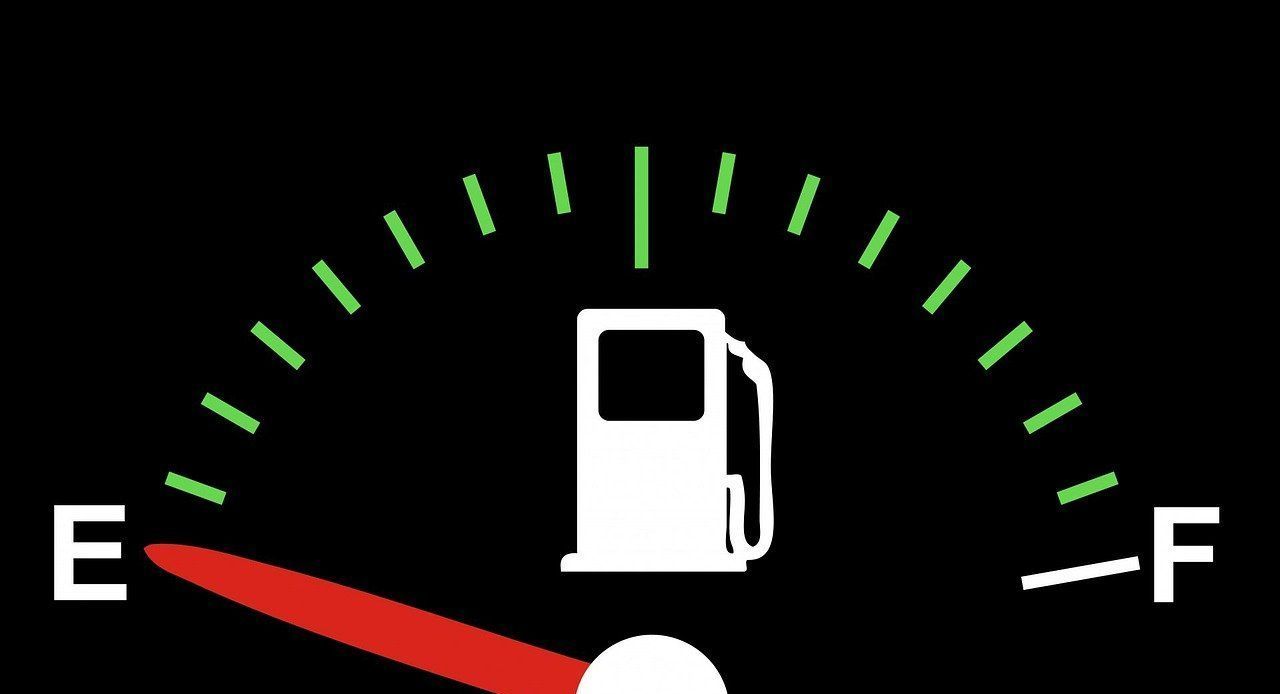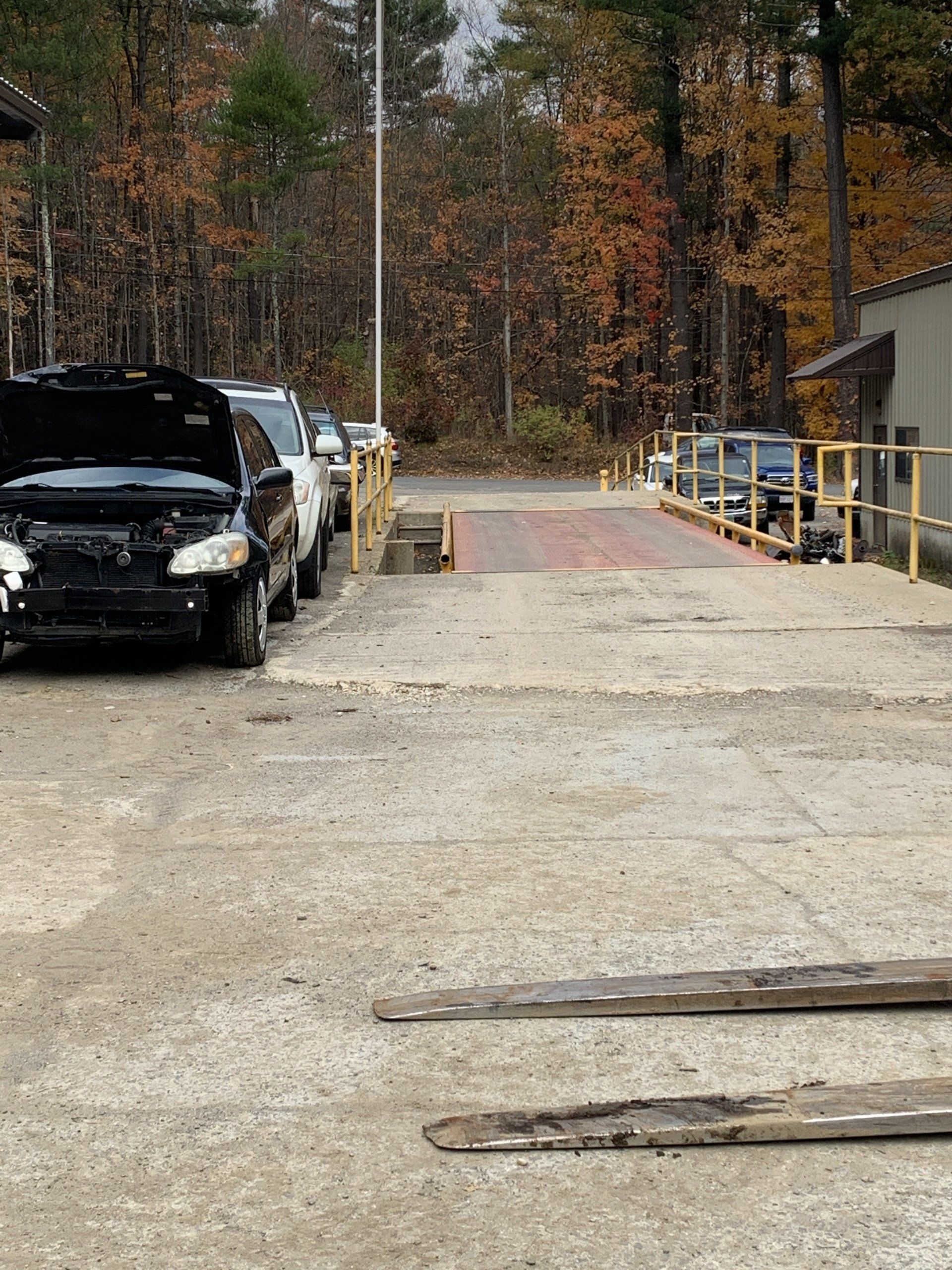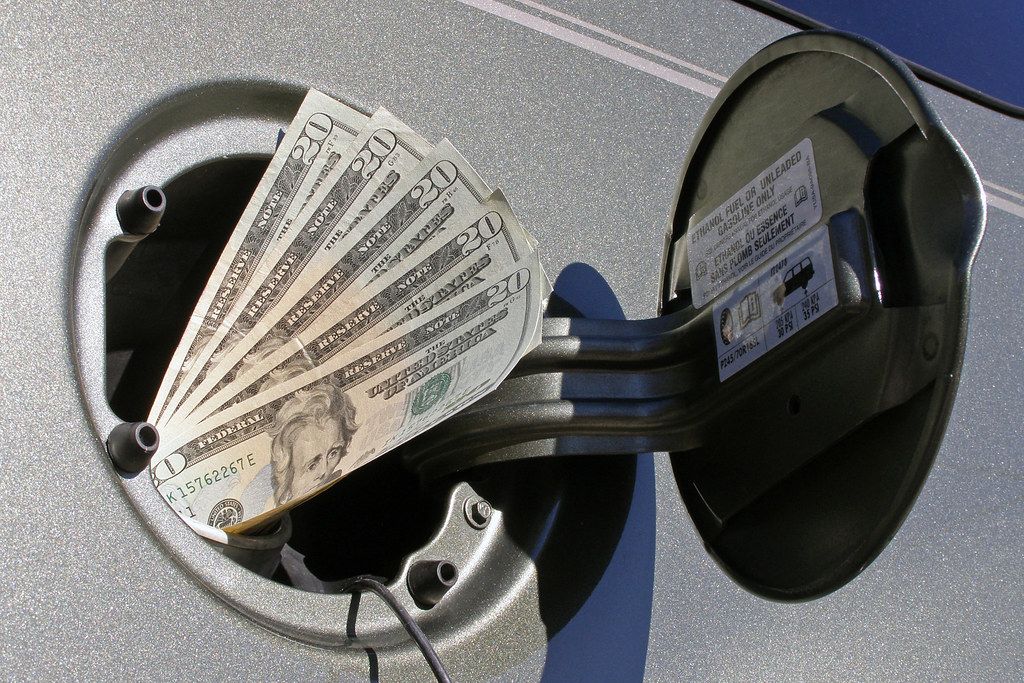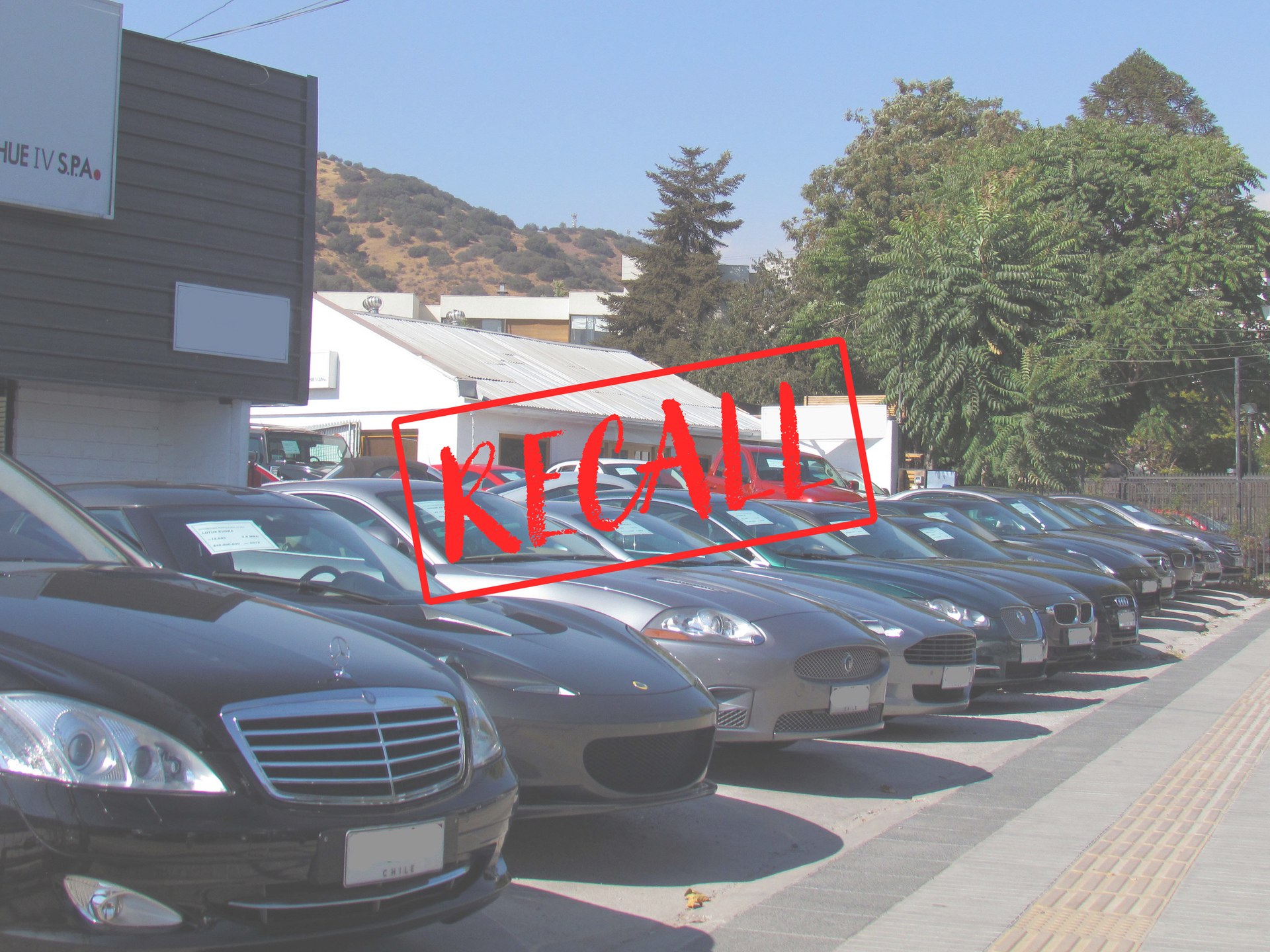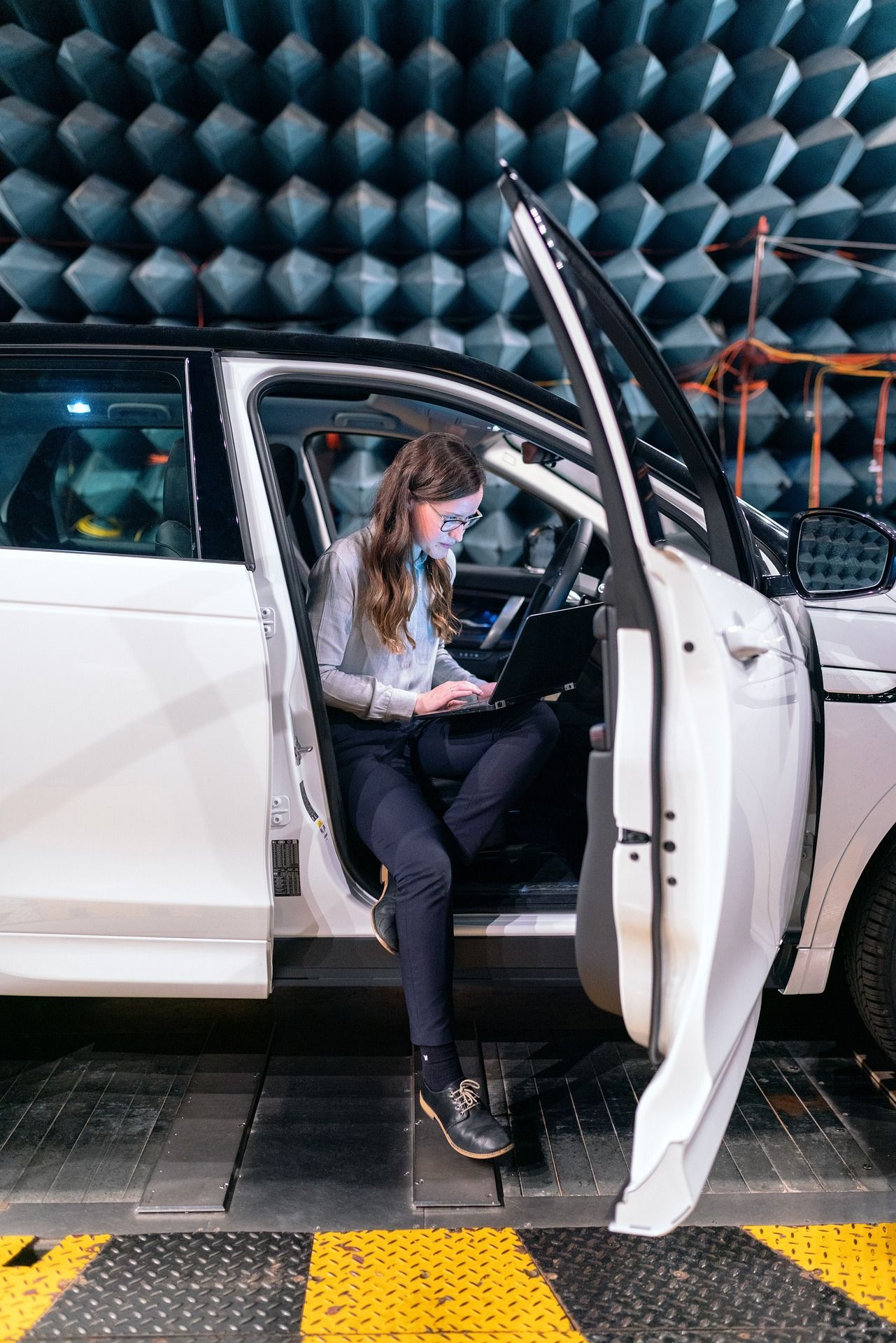How to prevent your car from overheating?
During this heat, you take precautions for your skin and body; but some people forgot about their vehciles. They get negative side effects from the heat. Below are some ways that you can take action against the heat and save that vehicle of yours.
- Park in the shade
You can feel the temperature difference between the shade and the sun – and so can your car. Parking in the shade not only keeps you cool, but can prolong the life of your car. No shady spot? Use a sunshade to reduce heat inside the car.
- Tint your windows
A local dealership or auto body shop can apply tinted windows to help keep your car cooler, and protect your interior from sun damage.
- Use a sun shade
Keeping a sun shade in the car is helpful because you can’t always guarantee that you’ll find a shaded or covered area to park in. These UV heat shields will keep the interior from getting super-hot, plus it protects your interior from the damaging effects of the sun. You might even consider getting a custom-made sun screen that is designed to fit your make and model of car. These special shades can be more effective at keeping all of the rays out.
- Get rid of hot air
Closed windows trap hot air, and the glass serves as a conductor that helps heat up the enclosed space. Leave your windows open slightly so the air can escape – and if you have a sunroof, crack that, too. Make sure the opening is not large enough for someone to reach through. If you leave your windows cracked, remember to keep an eye on the weather – one sudden summer storm could lead to a soggy interior.
- Turn the floor vents on
Most people get in the car and turn the upper vents on “high” to get the air flowing. But you’re actually better off directing the air through the floor vents. Hot air rises, so switch to the bottom vents and put your blower on the maximum setting to push that air out. Then, once the car begins cooling, you can open the upper vents again.
- Use the fresh air setting on your A/C
Using the re-circulation setting means you’re just moving that hot, trapped air around your vehicle, so that’s something you want to use after your car has had the chance to cool down. Give it 10 minutes or so, then switch over.
- Keep your eye on the temperature gauge
Located on the dashboard, the device has a needle that should always be pointing toward the center. If it points toward hot, pull over, turn off the engine and let the car cool down.
- Turning on the heat
Turning on the heat may be the last thing you want to do on a hot summer day, but it can pull hot air from the engine compartment and cool the engine. It won’t fix the underlying problem, but it’s a good measure for long drives.
- Add engine coolant
This is especially important in hot months. To check the coolant level, open the hood and locate the coolant reservoir. The coolant level is shown by indicator lines on the reservoir. If too low, simply add the appropriate amount of coolant and reattach the cap. Engine coolant is often sold as a 50/50 mix of water and coolant. You can also buy concentrated coolant and mix it yourself.
Safety tip: Never add coolant to a hot engine. Wait for the engine to cool before removing the cap or pouring in coolant.
- Have your cooling system flushed by a mechanic
Even if you keep engine coolant at the right levels, it will eventually get dirty and need to be replaced. Flushing involves draining old coolant from the radiator, cleaning it with flush fluid and adding new coolant. Mechanics recommend a flush every 40,000 miles, but check your owner’s manual for the manufacturer’s recommendation.
- Consider replacing your battery
If your car battery is older than three years, it may not be providing the power it once did, so your car has to work harder and can overheat. Your mechanic can help you determine whether you may need a new battery.
If you find yourself in a situation where your car overheats, follow these steps to ensure you and your vehicle remain safe:
- Pull over, park your car and turn off the engine as soon as possible. Let your car cool for a minimum of 10 minutes.
- Open the hood of your car to allow the heat to clear out quickly.
- Once your car has cooled off, turn the ignition to its first position (don’t start the engine). If you see that the temperature gauge is within a normal range and engine fluid levels are sufficient, try to start the engine.
- If the engine makes unusual sounds or it does not start at all, it’s best to stay on the safe side and call for roadside assistance to have your car towed. This will allow for a mechanic to inspect it and make the necessary repairs.
What can cause your car to overheat?
Hot temperatures alone might not be causing your vehicle to overheat. If your car’s cooling systems aren’t functioning correctly, it can lead to serious damage to your engine and expensive repairs. Here are a few common engine problems that can cause your car to run hot that you should know about:
- Coolant : Every car has a cooling system to help keep the temperature of the engine down. If your cooling system has a leak, blockage or pump malfunction, the coolant might not be able to circulate properly. Cooling system malfunctions aren’t just problematic when it’s hot out; very cold temperatures can cause coolant to freeze and prevent circulation.
- Thermostat: Another possible issue could be a problem with the thermostat. A vehicle’s thermostat is responsible for regulating the amount of coolant flowing through the engine. A broken or malfunctioning one can easily cause your car to overheat.
- Low Oil: A car’s oil does more than just lubricate moving parts. It also helps to remove excess heat from the engine. If your vehicle has low oil, it might be causing your car to run hot.
- Radiator Fan: If your cooling fan isn’t turning on or running at the right level, it can case your car to overheat. Radiator fans usually run on electric motors, so any motor mechanical problems can lead to your fan not providing enough cool air flow.
Of course these aren’t the only possible problems that can cause a car to overheat. It’s a good idea to find a reliable mechanic who can diagnose and service your car, and get protection in case your car overheats while you’re on the road.
This information is from Nationwide Blog (Vehicle – Maintenace from June 4, 2017)

